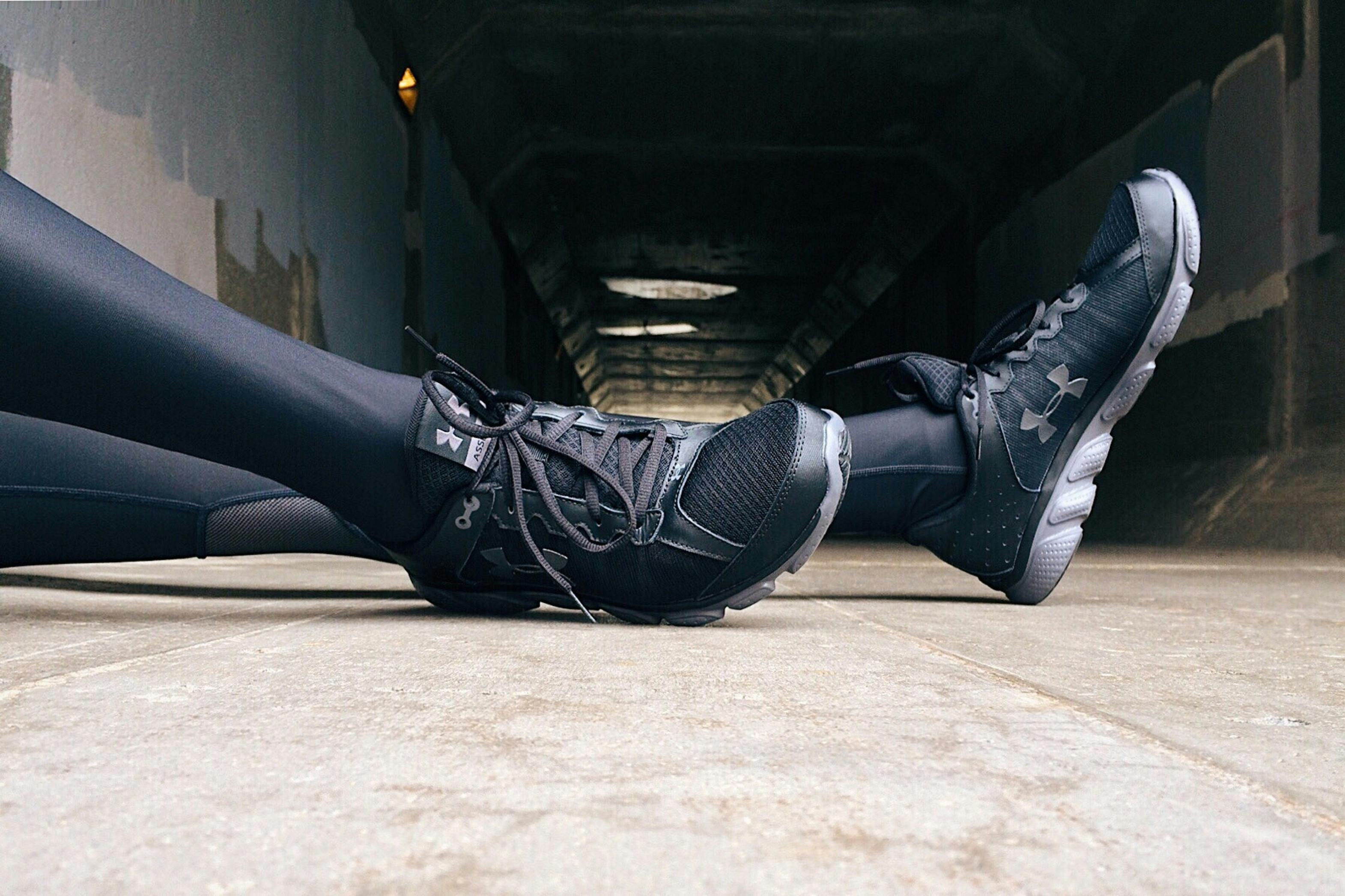In the recent 2019 NBA Finals, where the underdog Toronto Raptors won their first and only NBA Championship, there were other major headlines surrounding the 6-game series and then the wins themselves. I think no one can argue that if these cases had not occurred, the outcome could have been significantly different. There were 2 career-changing and series-ending injuries that occurred in Games 5 and 6 that changed the dynamic of the game. An injury befell a player most will agree at the time was the best player on the planet, Kevin Durant. The other injury was to one of the greatest 3-point shooters of all time, Klay Thompson.
Injuries in high-performance athletes In sports it has been a common occurrence in recent years. Because of this, we are seeing the highest paid and most talented basketball players from various countries opt out of the world cup due to take place at the end of August. The purpose of the players who do this is to secure their long-term future in the NBA and not risk injury in pursuit of playing for their country. To most people, these frequent crash injuries may seem strange, as advanced training techniques and technology have enjoyed constant popularity.
Some simple reasons come to mind as to why this happens. The first is Food. Nutrients found in food are at an all time low. A small example is cashews. The magnesium content in cashews has decreased by 70% since the 1970s. This is all due to commercial farming. The spraying of pesticides and herbicides on crops and soil is affecting nutrients. The fruits and vegetables that grow in this soil are experiencing a huge drop in nutrient value. These chemicals also affect our meats, with the animals we eat feeding on vegetation in damaged soil or surviving on highly processed grains. It is also a topic of discussion about the amount of steroids being used to enhance the size of animals for sale, in addition to the use of antibiotics when animals are sick, which is causing more distress to the health of animals than in the previous decades. There has been evidence that even our organic farms are not as rich in nutrients as they used to be. The reason is that chemicals from neighboring commercial farms are carried through the air to organic farms.
Interestingly, it’s how this not only affects our current athletes, but how it will affect our future players. Studies have shown that eating highly processed foods affects the second and third generations. The study published as Pottengers cats showed cases of deformities, diseases and even blindness in cats as a result of eating processed meats, affecting the livelihoods of offspring up to the third generation of cats. You only need to wonder about the rising rate of disease in the people around you to understand what is happening in our world.
The second reason for serious and frequent injuries is the training schedule and exercises that are prescribed to athletes these days. Training ‘supposedly’ has made leaps in improving performance. The use of balance training, power machines and tricks have been implemented for what is supposed to stimulate an athlete’s coordination and strength to be successful in a given sport when reliant on that skill. However, I have yet to see a study where single-leg balance training, for example, can improve speed, agility, and strength. I’ll bet all my money that the athlete gets really good at one-legged balance training, but not a transfer to a movement in the sport. On the other hand, you will find numerous studies that improve strength in a squat, as another example, it can improve vertical jump, sprint speed, and deceleration. Unfortunately, it may be another 10 years before research shows that all these invented and so-called creative ways of training an athlete are in no way superior to good old fashioned strength training. The training made famous by some of the world’s strongest men in the 1900s is slowly making its way into combat sports and has already been shown to strengthen athletes in mixed martial arts and American football. .
Athletes are athletes because they are already good at what they do. Chances are they are already very skilled, strong, and fast. All they need is a little guidance on how to prevent injury by improving the nutrients they consume and developing their ability to properly weight train. This information will not only greatly improve your strength, but also your joint integrity, mobility, and reactive forces on the ground. Improvements in these categories will improve an athlete’s strength, agility, and speed along with injury prevention and recovery time. That is an invaluable amount to pay for an athlete’s longevity in their sport.
There are a few simple steps to follow that will help you become the best version of yourself. Whether you are an athlete or simply want to help protect our future generations from illness and injury, these changes can only have positive effects on you, your children, and the education of those around you. The first is to eat organic whole foods as much as you can by following the 80/20 rule. 80% organic and 20% conventional. If you want a surefire way to find which foods are the safest to eat, all you need to do is google the clean 15 for your country. It is the top 15 foods that are the least sprayed with herbicides and pesticides. If you also want to know the foods to stay away from, google your country’s dirty dozen. Here are 12 of the most chemically laden products in your area.
The second tip is to find a great coach who will teach you the correct mechanics in the high performance lifts that will make you stronger for your specific sport. Someone who also has specialization in some form of muscle release technique will also greatly improve mobility and prevent injury. Search for ART practitioners in your area.
The outcome of the drastic injuries that occurred this year in the NBA Finals will change the course of the NBA for years to come, and it has already begun to happen. Planning for even more load management for their star players and possibly more rest days between matches seems to be a move in the right direction for those involved. I wonder when they will look more at the off-field circumstances that affect athletes.
Kevin Durant will miss 12 months of action and his goal will be to return to the same player he was before the injury, however, the statistics are against him. Most players who come back from an Achilles tear never seem to get back to their best basketball. Kobe Bryant, basketball’s newest and probably best-known player, fell victim to this nasty injury, and like Kevin Durant, it happened while he was making a move on the court. Kobe would soon retire a few years later when high level performance could no longer be achieved. Klay Thompson will be sidelined for 6 months with a torn ACL and the history of that type of injury is that he will more than likely re-injure himself. ACL tears are the most common sports injury we see today.
We can only hope that coaches will tone down the effect they have on an athlete’s body and aim to make it more durable. For your own information, try and google Kevin Durant’s shooting warm-up routine. It consists of twists, pivots, one-legged jumps, and mid-air spins. In my opinion, all those movements should be reserved for sport and not consume mileage for the body in a training or warm-up routine. My synopsis is that in about 10 years from now there will be research into measuring, to some degree, the mileage a body can go before it is at serious risk of injury. Let’s hope we see if strengthening athletes and paying more attention to their nutrition becomes a focus point and reserving everything else for movements on the field, court or practice area.
On a side note, I don’t know the extent of nutrition for these athletes, but as science has shown with the study of Pottenger’s cats, it probably started with their ancestors 2-3 generations ago. Interestingly, that would take us back to the time of the commercial farming boom in the US.
I hope this information has pointed many people in the right direction for their health and performance. We are only as good as the fuel and knowledge we get.



Recent Comments